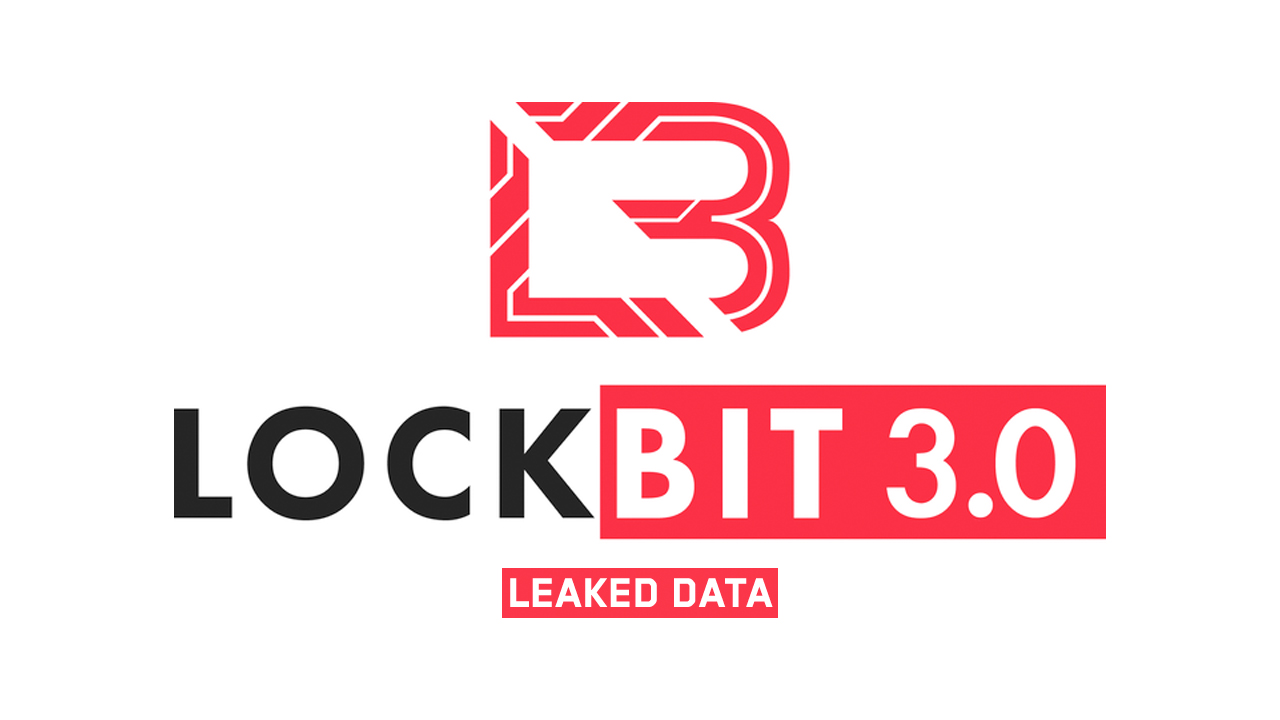High-profile hackivist arrests prompt rise in DDoS attacks
Verizon's annual data breach report sheds light on change in hacker behaviour during 2012.

The amount of data stolen through security breaches fell last year, as computer hackers turned to Distributed Denial of Service (DDoS) attacks to wreak their havoc.
This was one of the key findings of the Verizon 2013 Data Breach Investigations Report (DBIR).
Its contents revealed the number of incidents involving hacktivists was similar to previous years, but the amount of data stolen by them has fallen.
The reason for this, the report claims, is because the perpetrators have started using DDoS attacks to cause disruption.
Speaking to IT Pro, Jay Jacobs, principal analyst within the risk team at networking firm Verizon, attributed the change in tactic to the amount of column inches devoted to stories about hacktivists getting arrested over the past year.
"There has certainly been some high-profile arrests within the hactivist community over the past year, which may be deterring some from taking such a hands-on approach [to attacks]," he said.
"DDoS attacks are a little less riskybecause they allow you to poke at an organisation from the sidelines without having to breach the perimeter, which may explain why they're proving more popular."
Get the ITPro daily newsletter
Sign up today and you will receive a free copy of our Future Focus 2025 report - the leading guidance on AI, cybersecurity and other IT challenges as per 700+ senior executives
This year's report is the sixth Verizon has published, and featured contributions from 19 organisations that monitor data breaches across the globe.
The report's publication coincides with the first day of the Infosecurity Europe event at Earls Court in London.
The report showed that 37 per cent of data breaches affected financial organisations last year, while 24 per cent blighted retailers and restaurants.
Meanwhile, 20 per cent of attacks were staged against the manufacturing, transportation and utilities sector, with the same percentage affecting the information and professional services market.
Financial reasons were cited as the motivation in 75 per cent of attacks, the report added, while state-affiliated campaigns came in as the second most popular cause at 20 per cent.
Breaches in the latter camp include the theft of intellectual property or trade secrets that could give a competitor or rival nation an advantage.
The theft of usernames and passwords were also a common end goal for attackers, with 80 per cent of breaches involving the illegal procurement of "valid user credentials", revealed Jacobs.
"Everyone seems to be going after [this kind of data]...because if you get hold of a valid user credential within the enterprise, it means you can move around [that organisation] a lot more freely and quietly," he explained.
Despite the explosion of tablets and smartphones in the workplace, Jacobs said mobile phones rarely feature in the chain of events that leads to a data breach taking place.
The reason for this is because it's usually more lucrative for hackers to target data-rich servers and databases in the first place. Also, there's usually an easier way to access that than relying on a mobile device as an entry route.
"The device used in a breach will be chosen because it offers the easiest route to the data and it could be that mobile devices just don't offer that yet," Jacobs added.
"It's either not productive enough yet to make a large-scale attack profitable [using mobile devices] or there's an easier path to the data."
-
 Cleo attack victim list grows as Hertz confirms customer data stolen
Cleo attack victim list grows as Hertz confirms customer data stolenNews Hertz has confirmed it suffered a data breach as a result of the Cleo zero-day vulnerability in late 2024, with the car rental giant warning that customer data was stolen.
By Ross Kelly
-
 Lateral moves in tech: Why leaders should support employee mobility
Lateral moves in tech: Why leaders should support employee mobilityIn-depth Encouraging staff to switch roles can have long-term benefits for skills in the tech sector
By Keri Allan
-
 UK crime fighters wrangle “several thousand” potential cyber criminals in DDoS-for-hire honeypot
UK crime fighters wrangle “several thousand” potential cyber criminals in DDoS-for-hire honeypotNews The sting follows a recent crackdown on DDoS-for-hire services globally
By Ross Kelly
-
 US begins seizure of 48 DDoS-for-hire services following global investigation
US begins seizure of 48 DDoS-for-hire services following global investigationNews Six people have been arrested who allegedly oversaw computer attacks launched using booters
By Zach Marzouk
-
 Will triple extortion ransomware truly take off?
Will triple extortion ransomware truly take off?In-depth Operators are now launching attacks with three extortion layers, but there are limitations to this model
By Connor Jones
-
 GoDaddy web hosting review
GoDaddy web hosting reviewReviews GoDaddy web hosting is backed by competitive prices and a beginner-friendly dashboard, and while popular, beware of hidden prices
By Daniel Blechynden
-
 Japan investigates potential Russian Killnet cyber attacks
Japan investigates potential Russian Killnet cyber attacksNews The hacker group has said it’s revolting against the country’s militarism and that it’s “kicking the samurai”
By Zach Marzouk
-
 LockBit hacking group to be 'more aggressive' after falling victim to large-scale DDoS attack
LockBit hacking group to be 'more aggressive' after falling victim to large-scale DDoS attackNews The ransomware group is currently embroiled in a battle after it leaked data belonging to cyber security company Entrust
By Connor Jones
-
 Record for the largest ever HTTPS DDoS attack smashed once again
Record for the largest ever HTTPS DDoS attack smashed once againNews The DDoS attack lasted 69 minutes and surpassed the previous record of 26 million RPS
By Praharsha Anand
-
 Cloudflare unveils new One Partner Program with zero trust at its core
Cloudflare unveils new One Partner Program with zero trust at its coreNews Cloudflare CEO Matthew Prince says the initiative aims to take the complexity out of zero trust architecture
By Daniel Todd